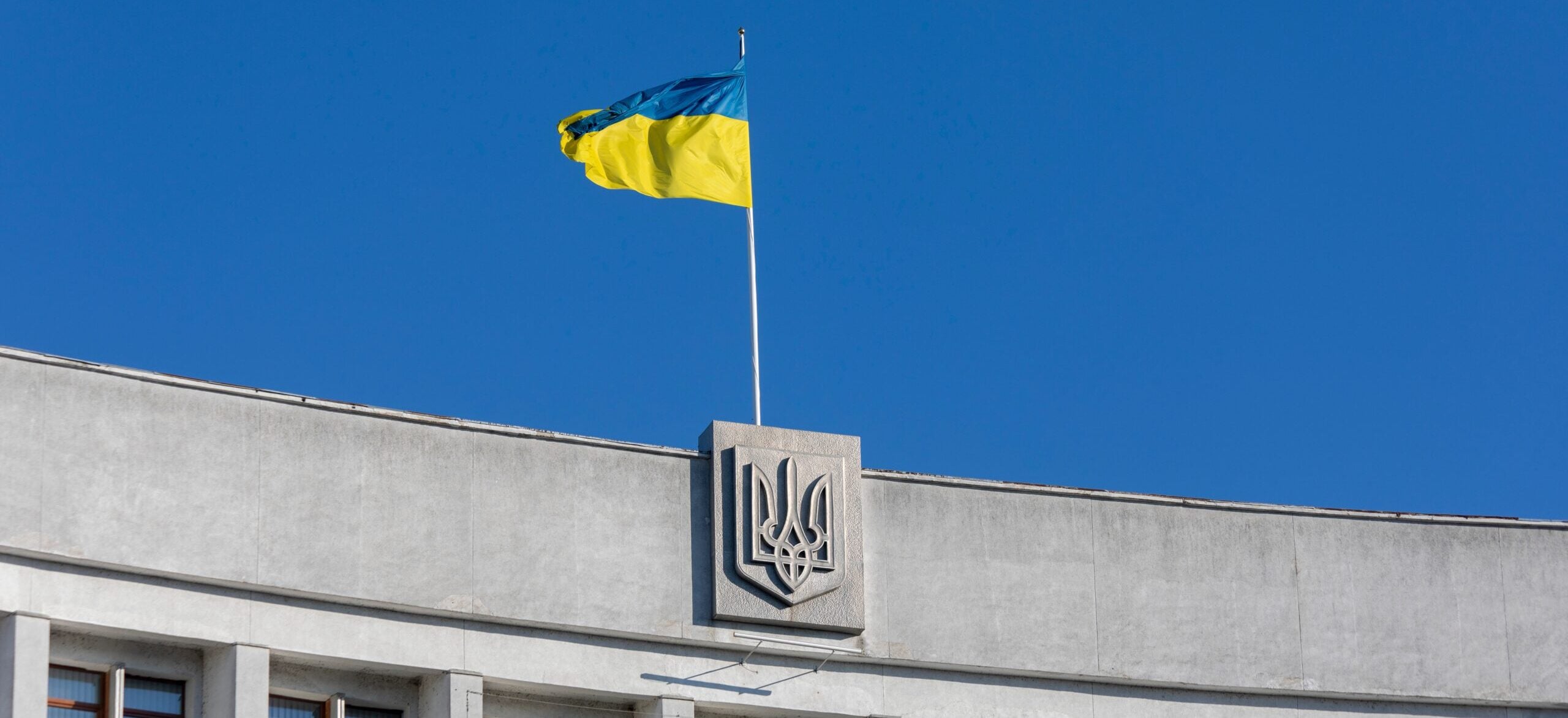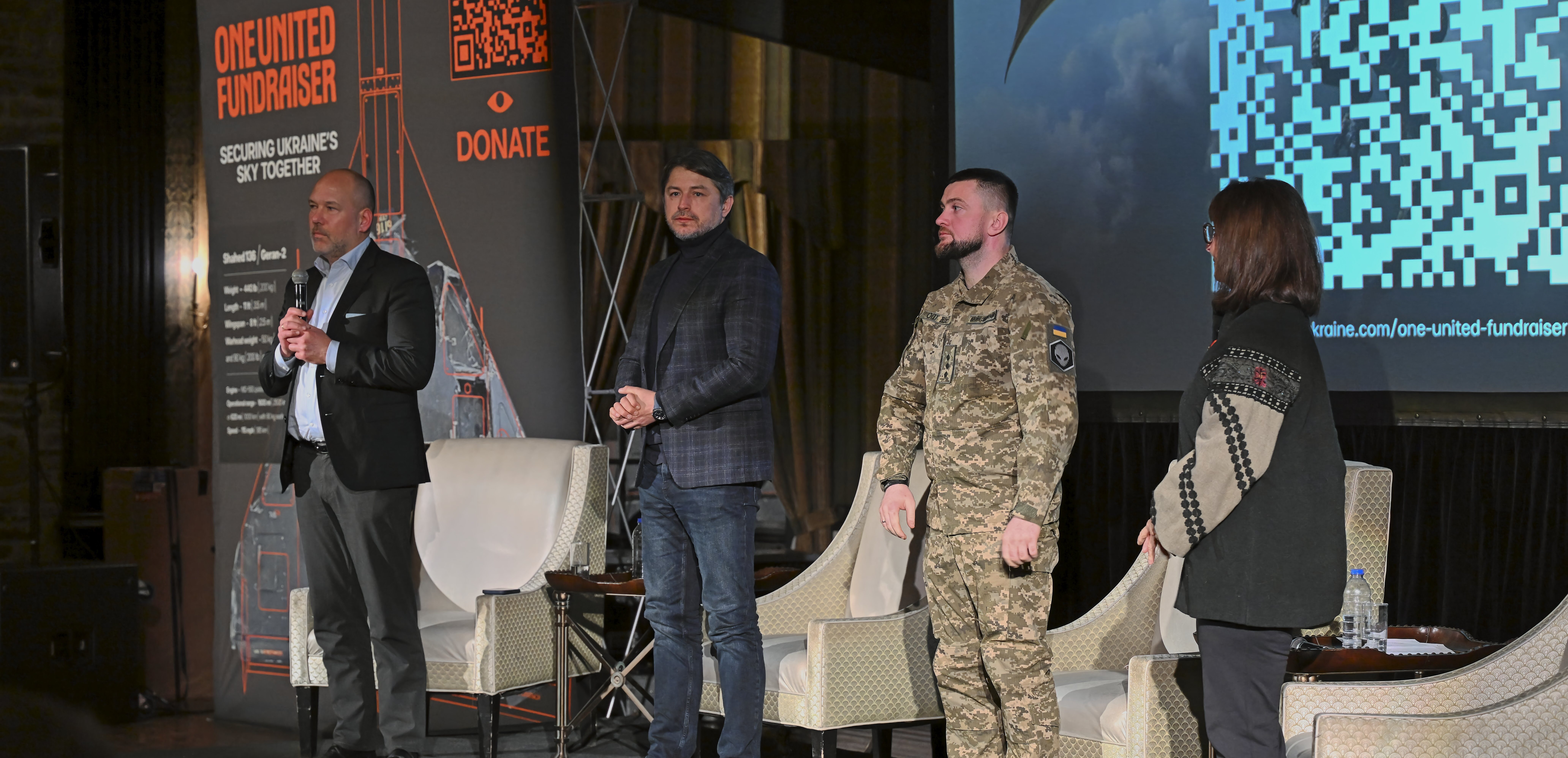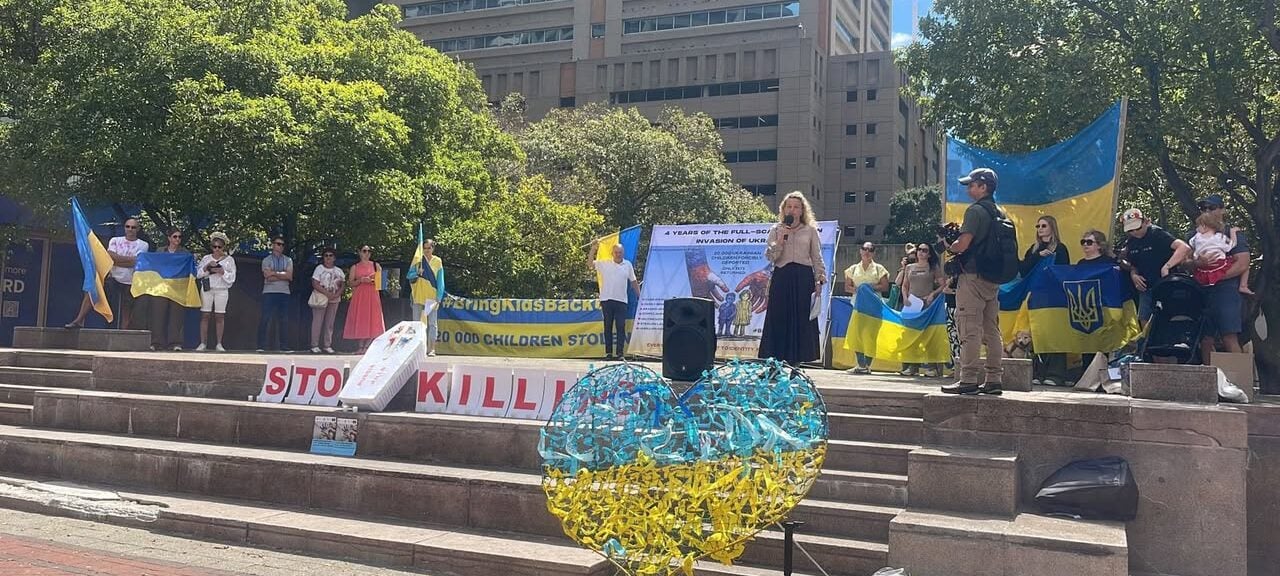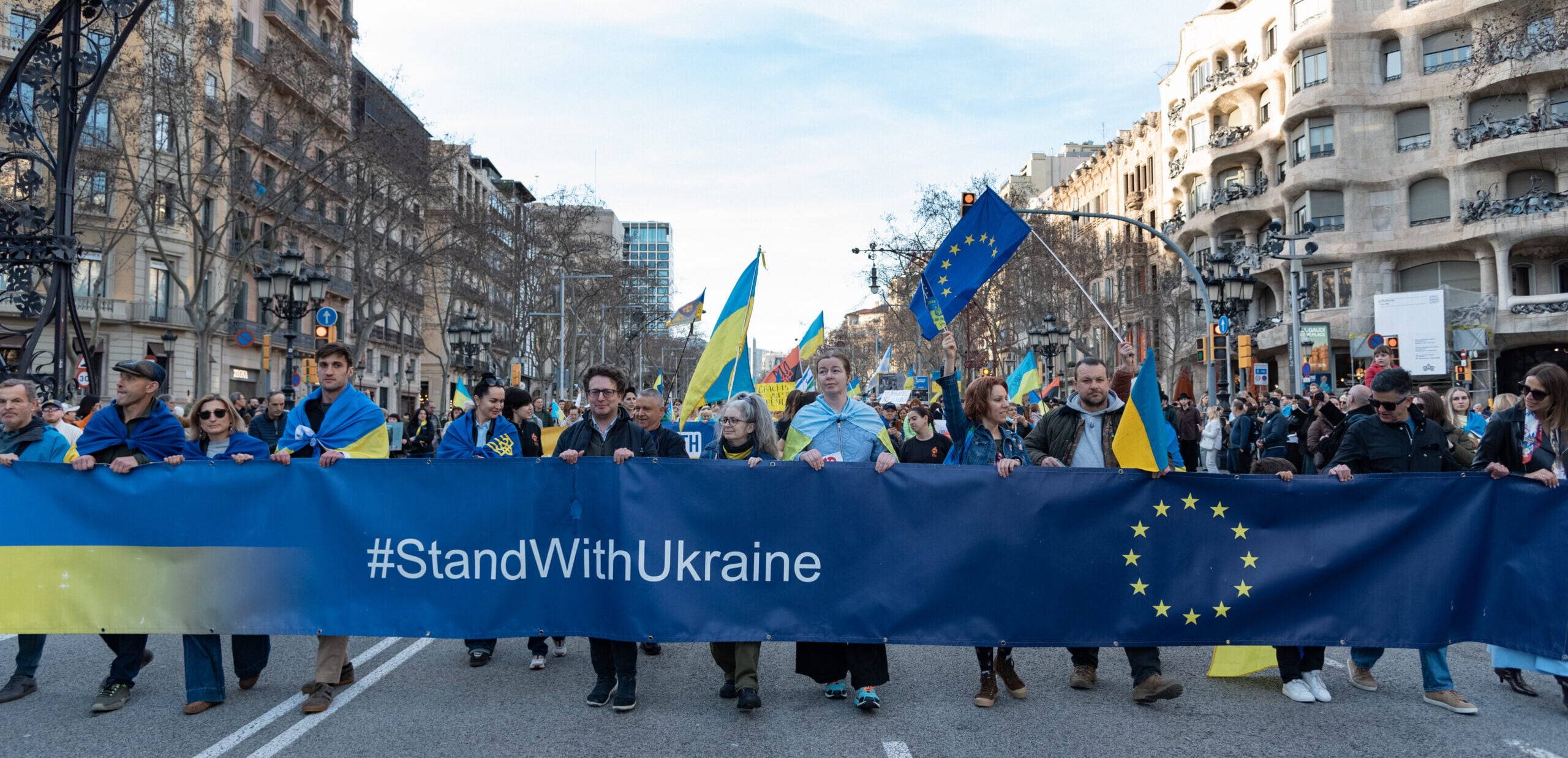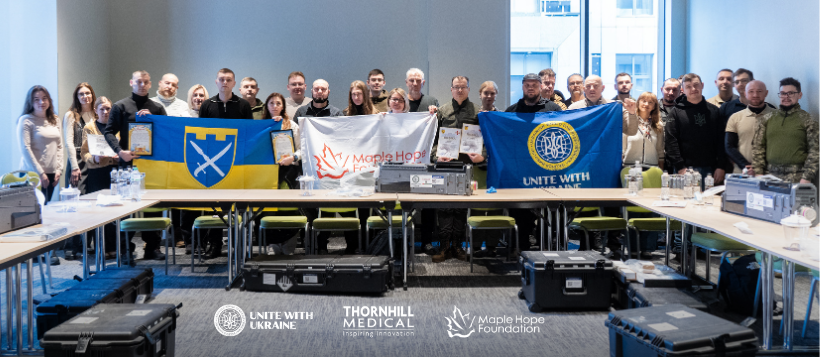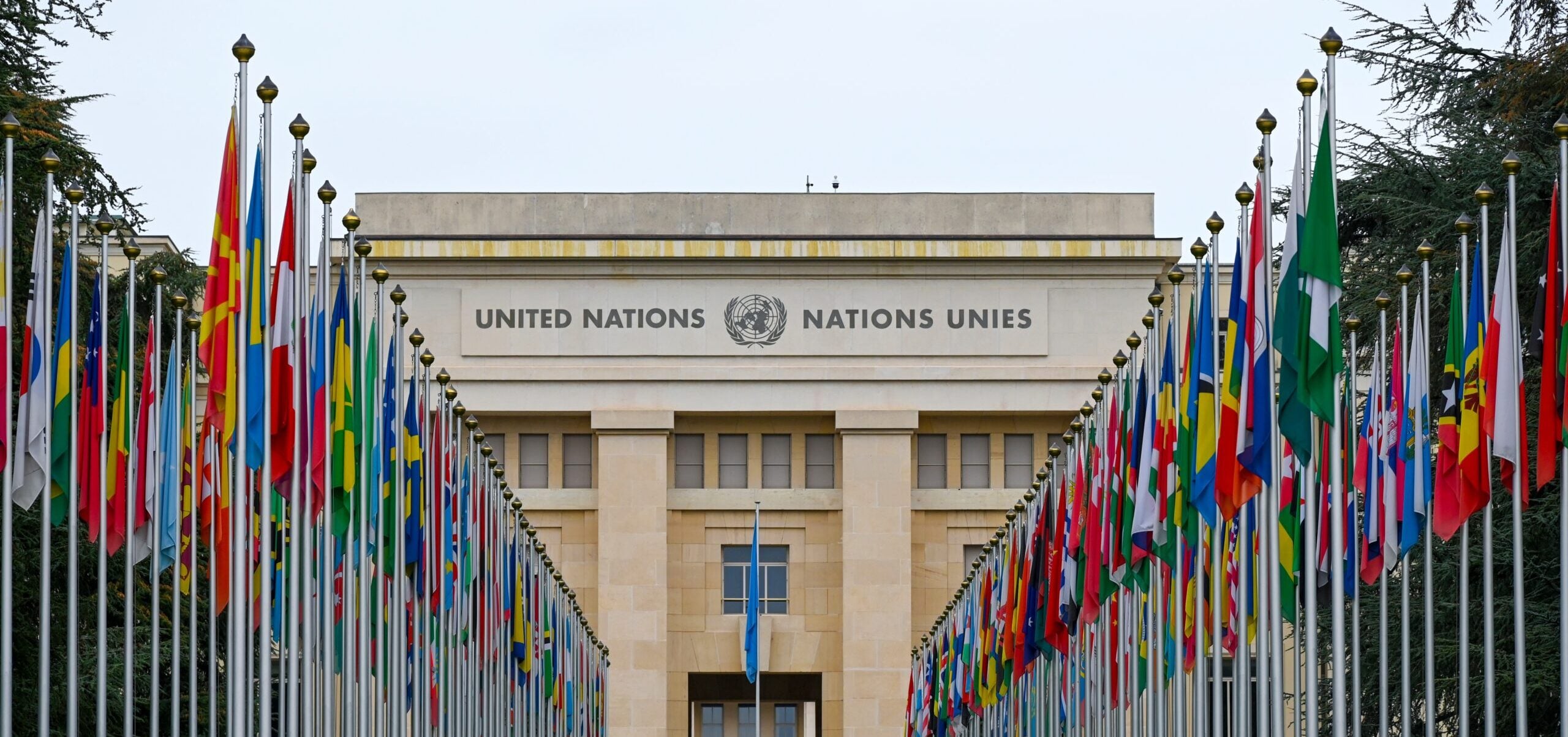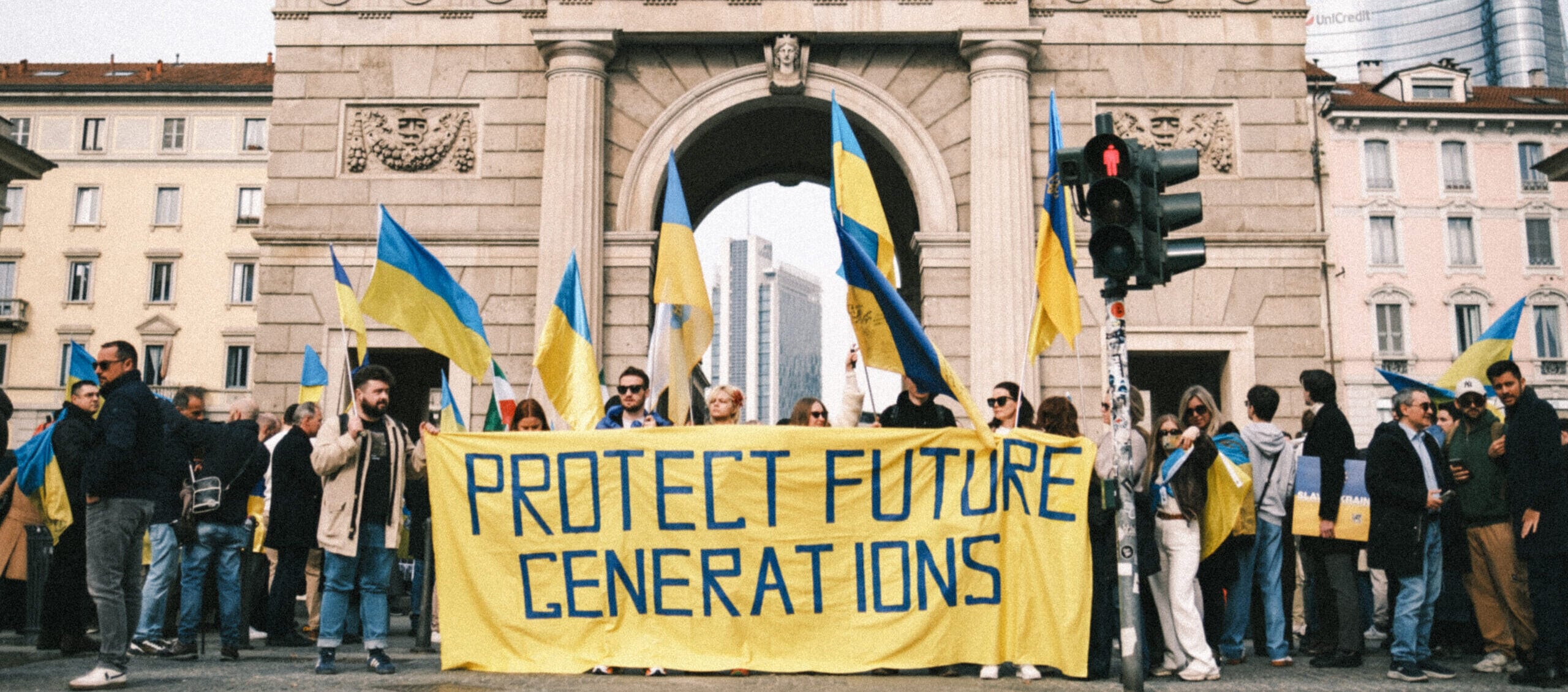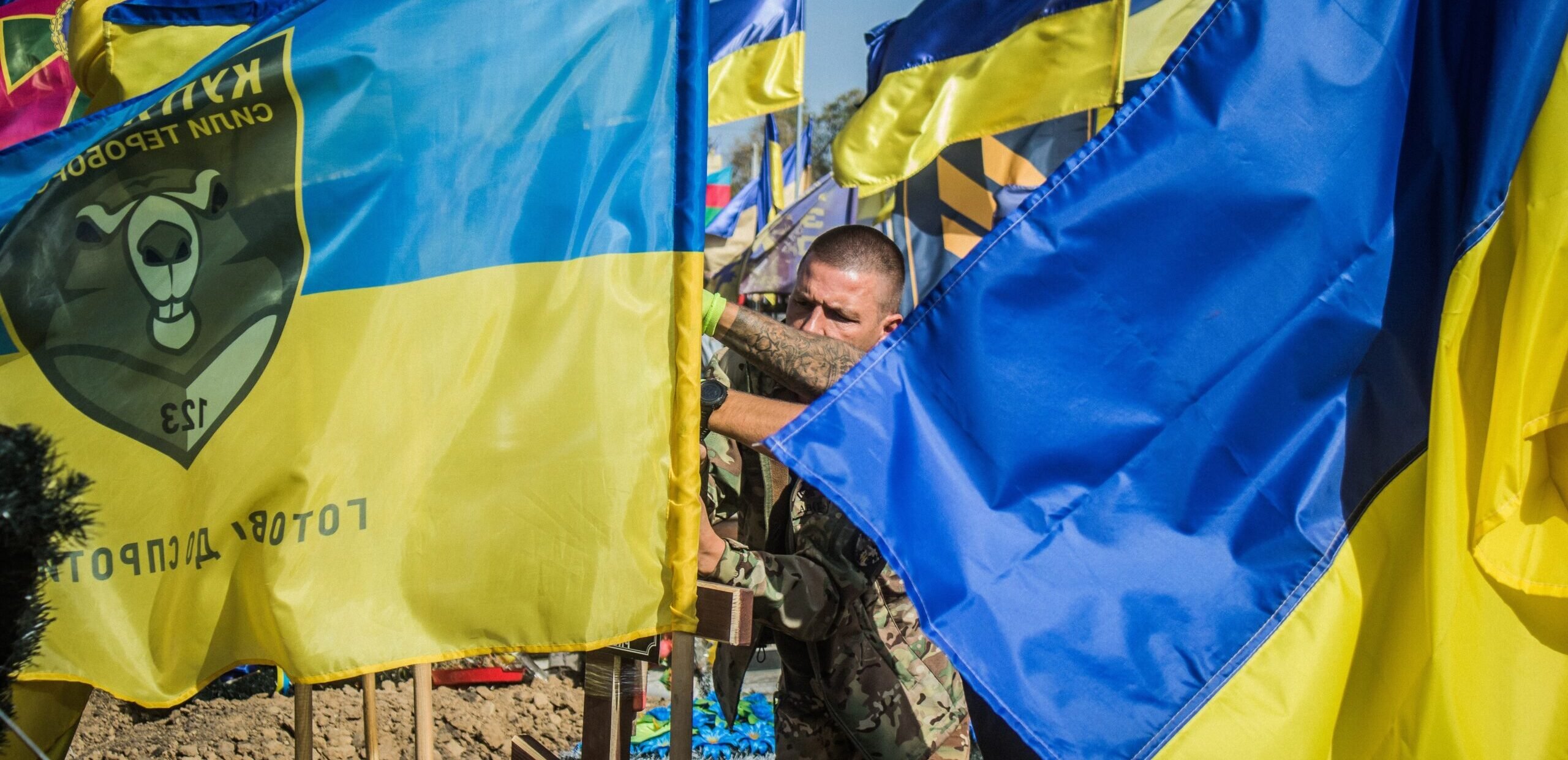

by Oleksandra Matviichuk, Ukrainian human rights defender, head of the Center for Civil Liberties, which became one of the 2022 Nobel Peace Prize laureates.
Source: Matviichuk on Facebook
The other day, my friend and I were talking about why the world doesn’t see Ukraine as a “flawless victim.”
On paper, the facts and international law clearly define the situation. There’s no doubt that Russia is the aggressor, and Ukraine is the victim of that aggression. And yet, we don’t quite fit into the mold of the “ideal victim.”
An ideal victim is supposed to simply suffer at the hands of the aggressor, while the world responds with deep concern and sympathy. But Ukraine has had the audacity to stand its ground all these years, holding off a far stronger enemy — long after the world had already braced itself to mourn and bury us at the start of the full-scale invasion.
What’s more, Ukraine has repeatedly delivered devastating blows to Russia’s imperial ambitions.
A country without a navy sank the Russia Black Sea fleet’s flagship cruiser Moskva and secured safe maritime shipping lanes in the Black Sea for grain deliveries — something neither the United Nations nor Türkiye could achieve.
A country without strategic aviation, which waited more than two years for modern fighter jets from allies and received only a few, has managed to destroy over 30 percent of Russia’s strategic long-range bombers that are deemed difficult to replace in quick time.
A country that hasn’t even received a formal NATO invitation is single-handedly executing the Alliance’s strategy, systematically dismantling the offensive capabilities of the so-called second-best army in the world.
A country where millions of people live with daily trauma and pain from Russia’s horrific war crimes, yet still keeps fighting, volunteering, rebuilding, and helping one another.
Let’s not forget: this is the same country that, by all forecasts, was supposed to collapse in three to four days under the weight of Russia’s onslaught.
You’re supposed to be weaker, grumble countries with far greater military might. How dare you be so rude to Russia — with its veto in the UN Security Council, a large nuclear arsenal, 140 million people, oil and gas, and all that money?
That’s also why we sometimes struggle to find common ground with countries that have lived through colonial oppression and the erasure of their identities. Some of them seem to ask themselves: if you’re the victim and Russia is the aggressor, then why is Ukrainian still the only official language? Why don’t schools across your country play the Russian anthem?
It’s easy to stand in solidarity with a victim who has been raped, beaten, yoked, and dragged along behind the aggressor. That’s the ideal victim — whose suffering is pure and profound. Speaking out for them adds moral weight to those who deliver outraged speeches.
But words are not actions. The UN system of peace and security hasn’t been able to protect anyone in a long time. Other states are in no rush to risk the lives of their citizens to stop global injustice.
And so, in the end, the suffering of the ideal victim remains her burden alone.
Cover: Shutterstock
